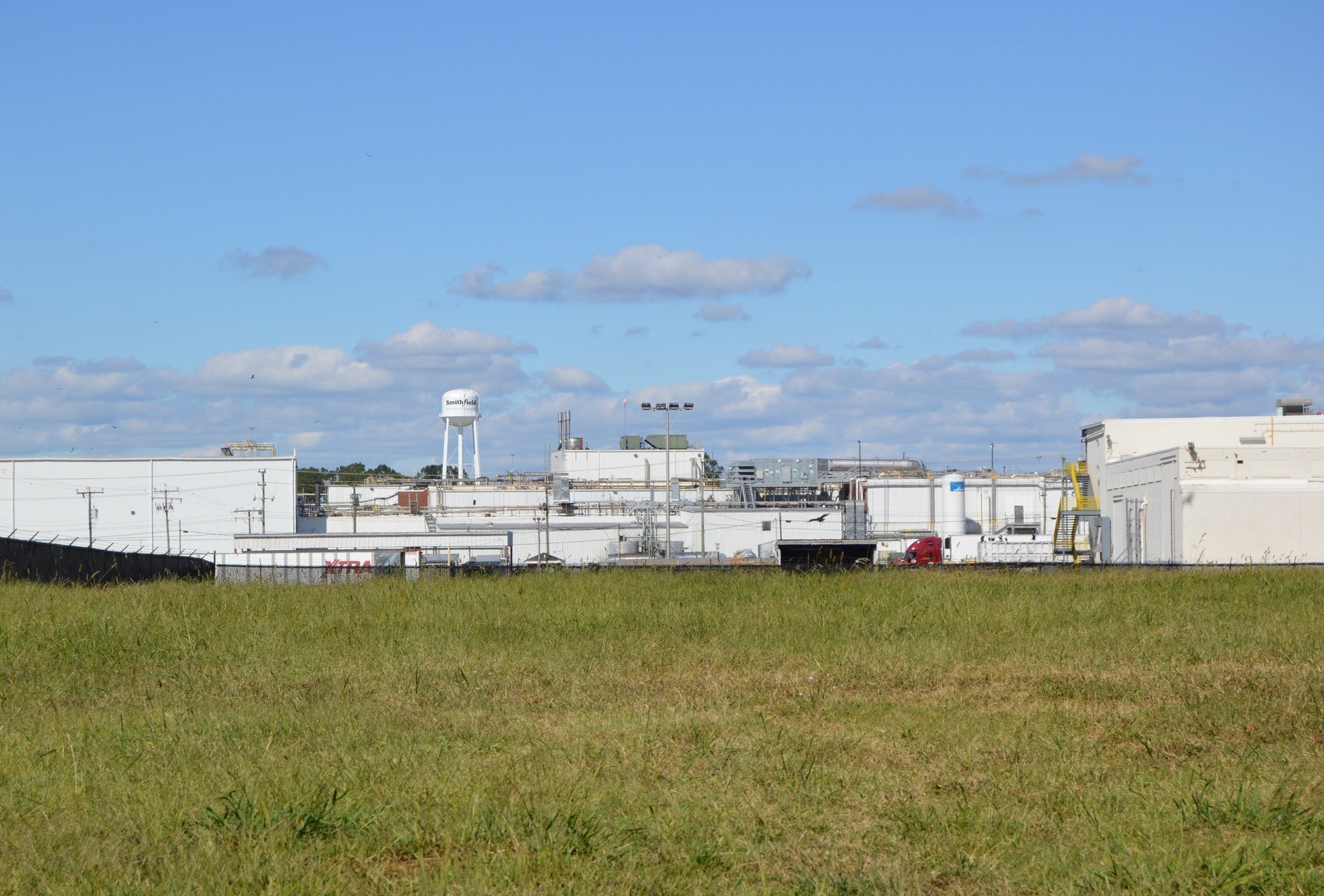
US-based food company Smithfield Foods has announced commitments to achieve recyclable packaging and reduce its use of non-recyclable plastic.
The company plans to make all its consumer packaging 90% recyclable, reusable or industrially compostable, and to halve the use of virgin petroleum-based plastic in its products. It aims to meet both these targets by 2030.

Discover B2B Marketing That Performs
Combine business intelligence and editorial excellence to reach engaged professionals across 36 leading media platforms.
To achieve these targets, Smithfield Foods has set up an internal cross-functional team to investigate and explore options for packaging and plastic reduction. The team is currently exploring ways to replace polystyrene (PS) trays for its products.
The company’s chief sustainability officer Stewart Leeth said: “A continual effort to innovate packaging using materials that can be recycled, reused and composted is an important component of holistic, sustainable food production.
“As a pioneer of sustainability in the food industry, Smithfield recognises the importance of continuing to explore new ways to build on our ambitious commitments and reduce waste across production and operations.”
The goals are in line with Smithfield Foods’ zero-waste-to-landfill initiative, which aims to reduce the overall solid waste it sends to landfills by 75% in the next four years.

US Tariffs are shifting - will you react or anticipate?
Don’t let policy changes catch you off guard. Stay proactive with real-time data and expert analysis.
By GlobalDataIn 2019, the company launched the Pure Farmland brand, a plant-based protein line that uses sustainable packaging and trays made from more than 50% recycled material.
Smithfield Foods is also a member of the Sustainable Packaging Coalition (SPC), a global group that aims to tackle the issue of packaging waste.
Headquartered in Smithfield, Virginia, the company employs 40,000 people in the US and 14,000 in Europe.





